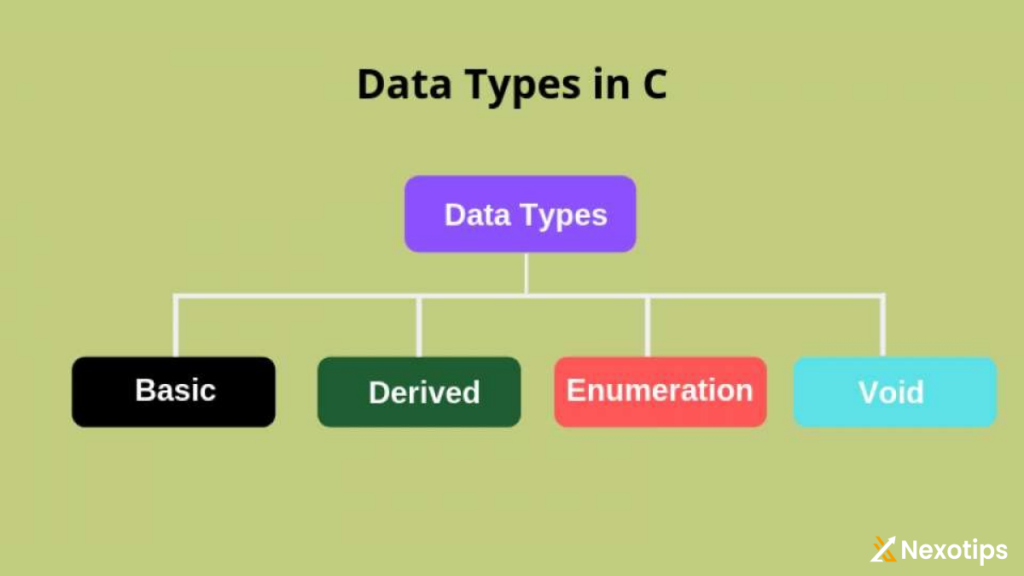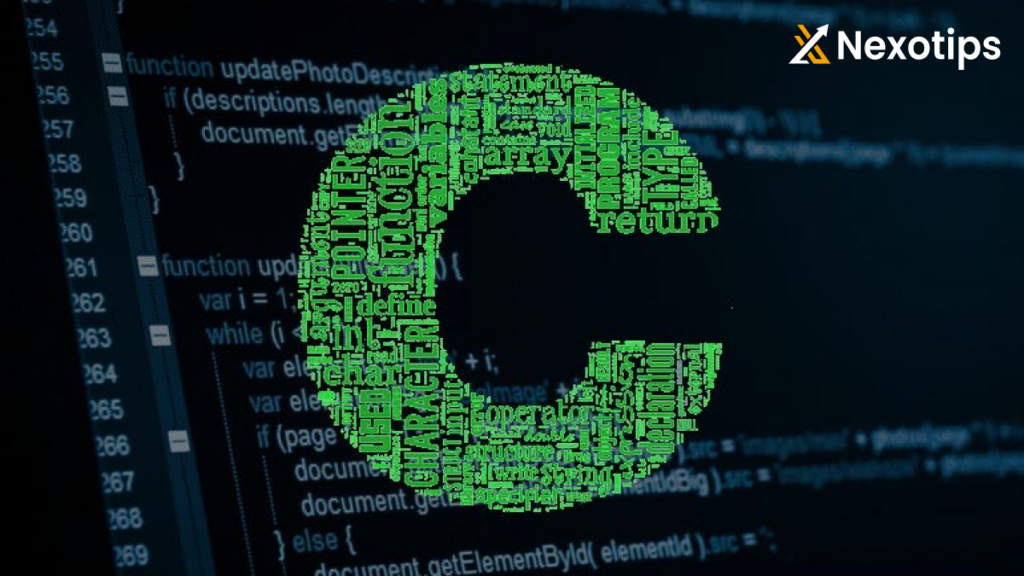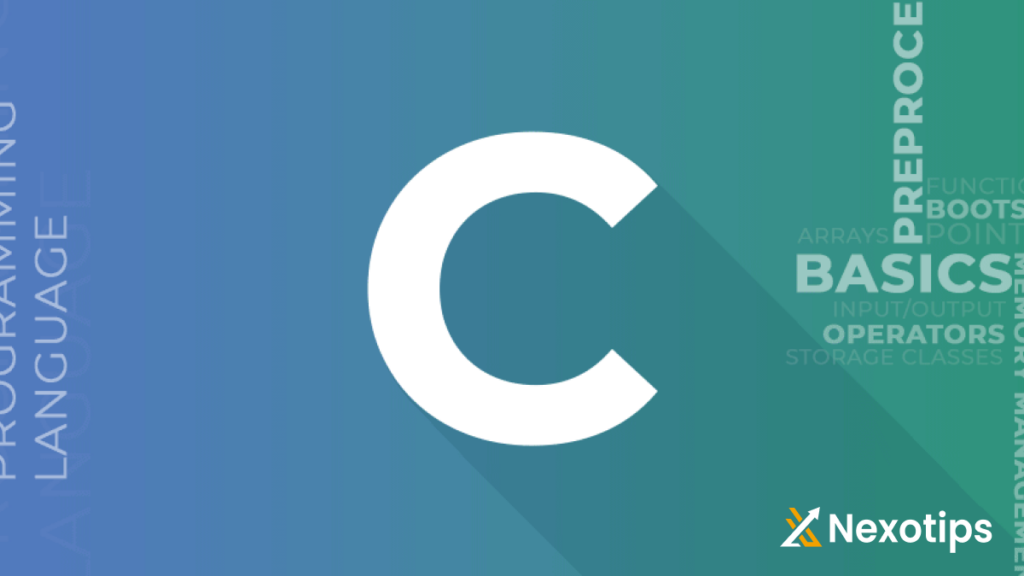
Understanding Data Types in C Programming Language
C programming language is one of the most powerful and widely-used languages in the world of software development. It has influenced many modern languages and remains a staple in systems programming, embedded programming, and software development. One of the fundamental concepts in C programming is understanding data types. In this comprehensive guide, we will explore C programming language data types, their uses, and how they impact memory allocation and program performance. Whether you are a beginner or an experienced programmer, this article will provide you with valuable insights into C data types.
What Are Data Types?
Data types in C programming specify the type of data that a variable can hold. They define the operations that can be performed on the data and the amount of memory allocated for storing it. C has several built-in data types, and understanding these is crucial for writing efficient and error-free code.
Why Are Data Types Important?
- Memory management: The quantity of memory needed varies depending on the type of data. Understanding data types helps in efficient memory management.
- Data Integrity: Ensuring that variables hold the correct type of data prevents data corruption and runtime errors.
- Optimized Performance: Using appropriate data types can optimize the performance of your programs.

Basic Data Types in C
C provides several basic data types that can be categorized into:
- Integer Types
- Floating-Point Types
- Character Types
- Void Type
Integer Types
Whole numbers are stored in integer data types. C provides several integer types, each with a different size and range.
int
The int type is the most commonly used integer type in C. It typically occupies 4 bytes of memory.
int a = 10;short and short int
short or short int is used when you need to save memory and the range of the number is not large. It usually occupies 2 bytes.
short b = 100;long and long int
long or long int is used when you need a larger range than int. It typically occupies 4 bytes, but on some systems, it can be 8 bytes.
long c = 100000L;long long and long long int
long long or long long int is used for even larger ranges. It typically occupies 8 bytes.
long long d = 10000000000LL;unsigned Variants
For all the integer types, C provides unsigned variants which only store non-negative numbers, effectively doubling the upper limit.
unsigned int e = 10U;
Floating-Point Types
Decimal numbers are stored in floating-point data formats. C provides three types of floating-point data types.
float
float is used for single-precision floating-point numbers. It typically occupies 4 bytes.
float f = 3.14f;double
double is used for double-precision floating-point numbers. It typically occupies 8 bytes.
double g = 3.141592653589793;long double
long double provides more precision than double. The size of long double can vary, but it typically occupies 10, 12, or 16 bytes.
long double h = 3.141592653589793238462643383279L;Character Types
Character data types are used to store characters and are typically 1 byte in size.
char
char is used to store single characters.
char i = 'A';unsigned char
unsigned char is used to store small integers (0 to 255).
unsigned char j = 255;signed char
signed char is used to store small integers (-128 to 127).
signed char k = -128;Void Type
There is no value accessible, as indicated by the void type. It is used in three kinds of situations:
- Function returns as void: When a function does not return a value.
- Function arguments as void: When a function does not accept parameters.
- Pointers to void: When a pointer can point to any data type.
void functionName(void) {
// Function code
}Derived Data Types
In addition to the basic data types, C also provides derived data types. These are:
- Arrays
- Pointers
- Structures
- Unions
- Enumerations
Arrays
Arrays are collections of identically typed elements kept in consecutive memory regions. The size of an array must be specified at the time of declaration.
int arr[5] = {1, 2, 3, 4, 5};Pointers
Variables called pointers are used to store another variable’s address. They are used for dynamic memory allocation and are essential for understanding the low-level memory management.
int *p;
int x = 10;
p = &x;Structures
Variables of various sorts can be grouped together thanks to user-defined data types called structures.
Unions
Unions are similar to structures, but they share the same memory location for all their members. This implies that a value can only ever be contained by one member at a time.
union Data {
int intValue;
float floatValue;
char charValue;
};
union Data data;Enumerations
Enumerations are user-defined data types that consist of integral constants. They improve code readability.
enum Day { Sunday, Monday, Tuesday, Wednesday, Thursday, Friday, Saturday };
enum Day today = Monday;Type Modifiers
C provides type modifiers to alter the properties of the basic data types. These include:
- signed
- unsigned
- short
- long
Signed and Unsigned
The signed modifier allows for both positive and negative values, while the unsigned modifier allows for only positive values.
signed int si = -10;
unsigned int ui = 20U;Short and Long
The short modifier reduces the storage size of the variable, while the long modifier increases it.
short int shortVar = 100;
long int longVar = 100000L;Type Casting
Type casting is a technique used to convert one data type into another. C provides two types of type casting:
- Implicit Casting: Automatic type conversion by the compiler.
- Explicit Casting: Manual type conversion by the programmer.
Implicit Casting
Implicit casting happens automatically when the compiler converts a smaller data type to a larger data type.
int intVar = 10;
float floatVar = intVar; // Implicit castingExplicit Casting
Explicit casting requires the use of a cast operator to convert one data type to another.
float floatVar = 3.14f;
int intVar = (int)floatVar; // Explicit castingSize and Range of Data Types
Understanding the size and range of data types is crucial for efficient programming. The size of data types can vary depending on the system architecture and compiler.
sizeof Operator
A variable’s or data type’s size can be found using the sizeof operator.
int intVar;
printf("Size of int: %zu bytes\n", sizeof(intVar));Limits of Data Types
The <limits.h> header file defines constants for the minimum and maximum values of various data types.
#include <limits.h>
printf("Max int: %d\n", INT_MAX);
printf("Min int: %d\n", INT_MIN);Floating-Point Precision
The <float.h> header file defines constants for the precision of floating-point types.
#include <float.h>
printf("Max float: %e\n", FLT_MAX);
printf("Min float: %e\n", FLT_MIN);
Best Practices for Using Data Types
- Use Appropriate: Choose the data type that best fits the range and size of the data.
- Avoid Using
intfor Small Values: Usecharorshortfor small values to save memory. - Use
unsignedfor Non-Negative Values: When storing only non-negative values, useunsignedtypes. - Avoid Magic Numbers: Use constants or enums for better readability and maintainability.
- Understand Type Conversions: Be aware of implicit and explicit type conversions to prevent unexpected behavior.
Conclusion
Understanding data types is fundamental to programming in C. Proper use of data types ensures efficient memory usage, data integrity, and optimized performance. This comprehensive guide has covered the basic and derived data type, type modifiers, type casting, and best practices for using data types in C programming. By mastering these concepts, you can write more efficient and reliable C programs.
Other’s: C Variables: 9 Best Key Points To Understanding Variables In C Programming.
